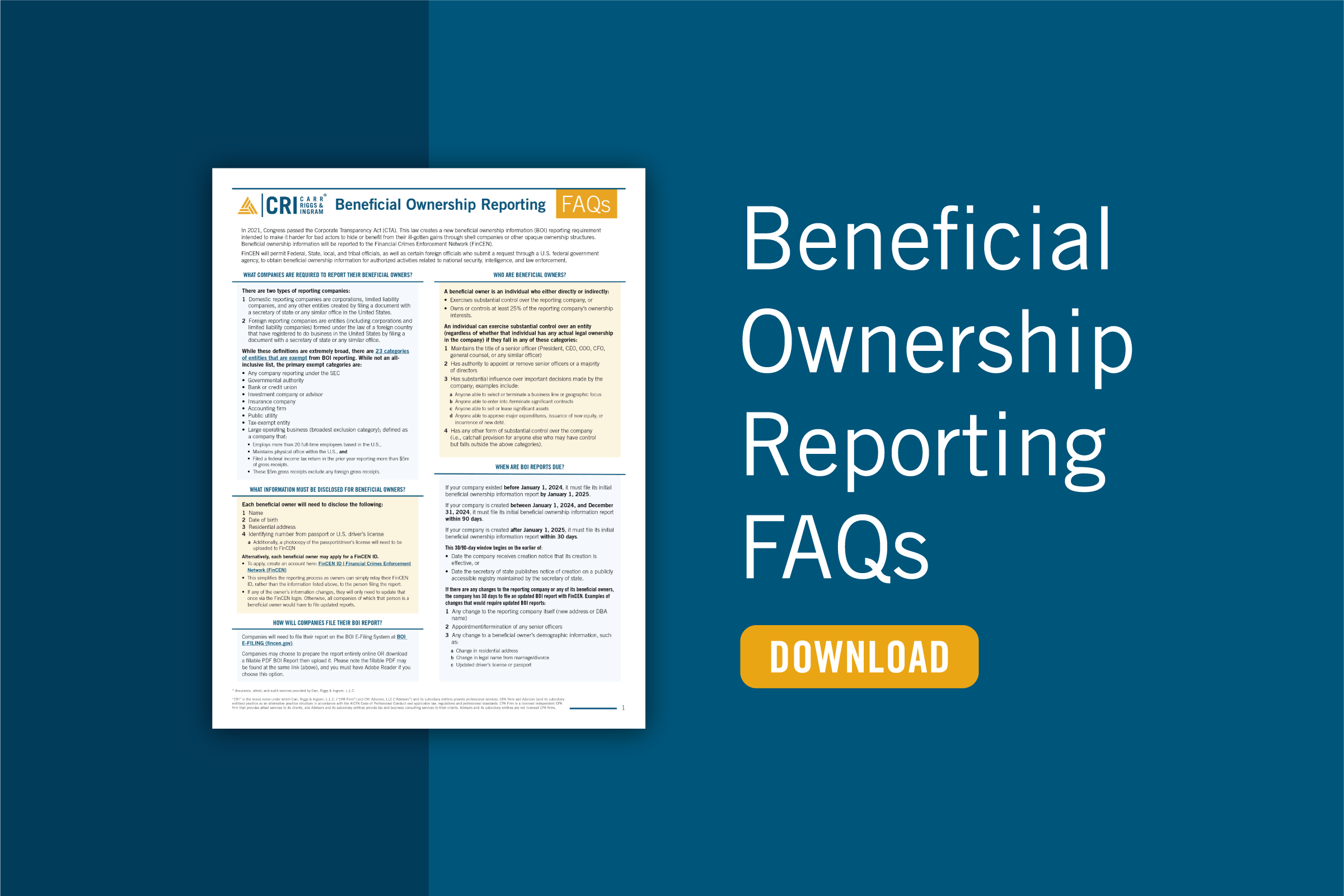Understanding the 2025 Medicare Physician Fee Schedule Final Rule
- Contributor
- Georgina Perry
Dec 16, 2024
On November 1, 2024, the Centers for Medicare & Medicaid Services (CMS) released the 2025 Medicare Physician Fee Schedule (PFS) Final Rule, which will take effect on January 1, 2025. This rule introduces significant changes to Medicare Part B payments, reflecting broader efforts to enhance accessibility, affordability, and quality of healthcare. To help you stay ahead and make informed decisions, here are the most impactful updates and what they could mean for your practice or business.
Key Updates in the 2025 Medicare Physician Fee Schedule
The 2025 Medicare Physician Fee Schedule introduces revisions that will impact billing practices, reimbursement rates, and the way in which services are delivered. Understanding these changes will help your practice remain compliant, adapt your financial planning, and leverage new opportunities for providing quality care. Notable updates to be aware of include:
- Conversion Factor and Rate Changes: Medicare payment rates will decrease by 2.93% in 2025 compared to 2024. This reduction results from a 0% statutory update and the expiration of a temporary 2.93% increase in 2024. The 2025 PFS conversion factor is set at $32.35, down from $33.29 in 2024. Providers should prepare for this reduction in reimbursement and consider how it might impact their financial planning.
- New Payment for Caregiver Training Services: The rule introduces new coding and payment for Caregiver Training Services (CTS), including wound care, infection control, and behavior management. Notably, these services can be provided via telehealth, enhancing flexibility for caregivers and patients.
- Focus on Health-Related Social Needs: CMS is continuing its efforts to address Social Determinants of Health (SDOH) with services like Community Health Integration (CHI) and Principal Illness Navigation (PIN). While the current rule finalizes some policies, CMS is considering further refinements based on public feedback. These services are designed to improve health outcomes by addressing non-medical factors that impact patient care.
- Telehealth Services: Significant changes to telehealth are on the horizon. Without Congressional action, pre-pandemic telehealth limitations will return on January 1, 2025. However, CMS is preserving some flexibilities, including:
- Advanced Primary Care Management Services: CMS is establishing new codes for Advanced Primary Care Management (APCM) services. These bundled services cover essential primary care elements like chronic care management and transitional care. The new codes are intended to reduce administrative burdens by eliminating time-based thresholds and are organized based on the complexity of the patient’s condition.
Preparing for the Changes
These updates in the 2025 PFS Final Rule will affect billing, reimbursements, and service delivery. The reduction in the conversion factor may require budget adjustments. At the same time, new coding options for caregiver training, telehealth, and primary care services may provide opportunities to diversify your offerings and enhance patient care.
You should take a strategic approach to effectively adapt to these updates and minimize disruption to your operations. This includes evaluating your current processes, identifying areas that need adjustment, and ensuring your team is well-prepared. To effectively prepare for these changes and minimize disruption, consider the following steps:
- Review Your Billing Practices: Analyze your current billing processes to accommodate the new conversion factor decrease and updated coding requirements. Confirm that your billing team understands the changes and adjust your reimbursement expectations accordingly.
- Evaluate Telehealth Capabilities: Review your telehealth infrastructure to ensure it complies with the updated CMS rules. This includes verifying that your technology supports audio-only services where applicable, and that your staff is prepared to provide virtual supervision when necessary.
- Stay Informed on SDOH Initiatives: Explore how Social Determinants of Health (SDOH) services like Community Health Integration (CHI) and Principal Illness Navigation (PIN) can benefit your patients. Consider integrating these services into your practice to address non-medical factors impacting patient care.
- Communicate Changes to Your Team: Ensure your entire team—including providers, administrative staff, and billing personnel—is aware of the upcoming changes. Hold meetings or training sessions to review key updates, answer questions, and discuss how these changes will affect day-to-day operations.
Need Guidance? We’re Here to Help
Understanding the 2025 Medicare PFS Final Rule and its implications can be a lot to manage. Even so, our team is here to help you understand these updates and prepare for them accordingly. Contact your CRI Healthcare advisor today for personalized guidance and support on how these updates may affect you. We’re here to help you optimize your processes and position your business for success in the coming year.













































































































































































































































































































































































































































































